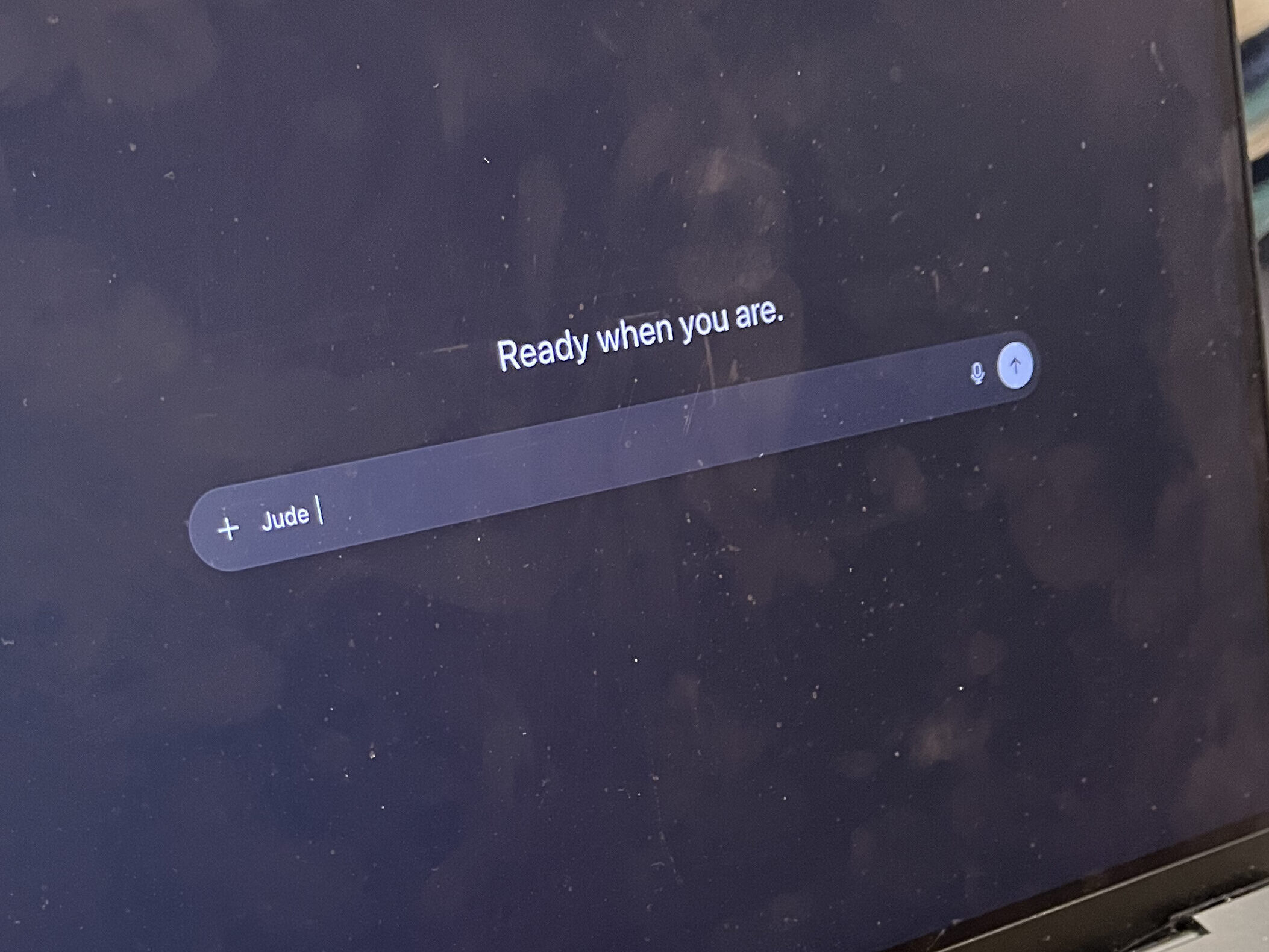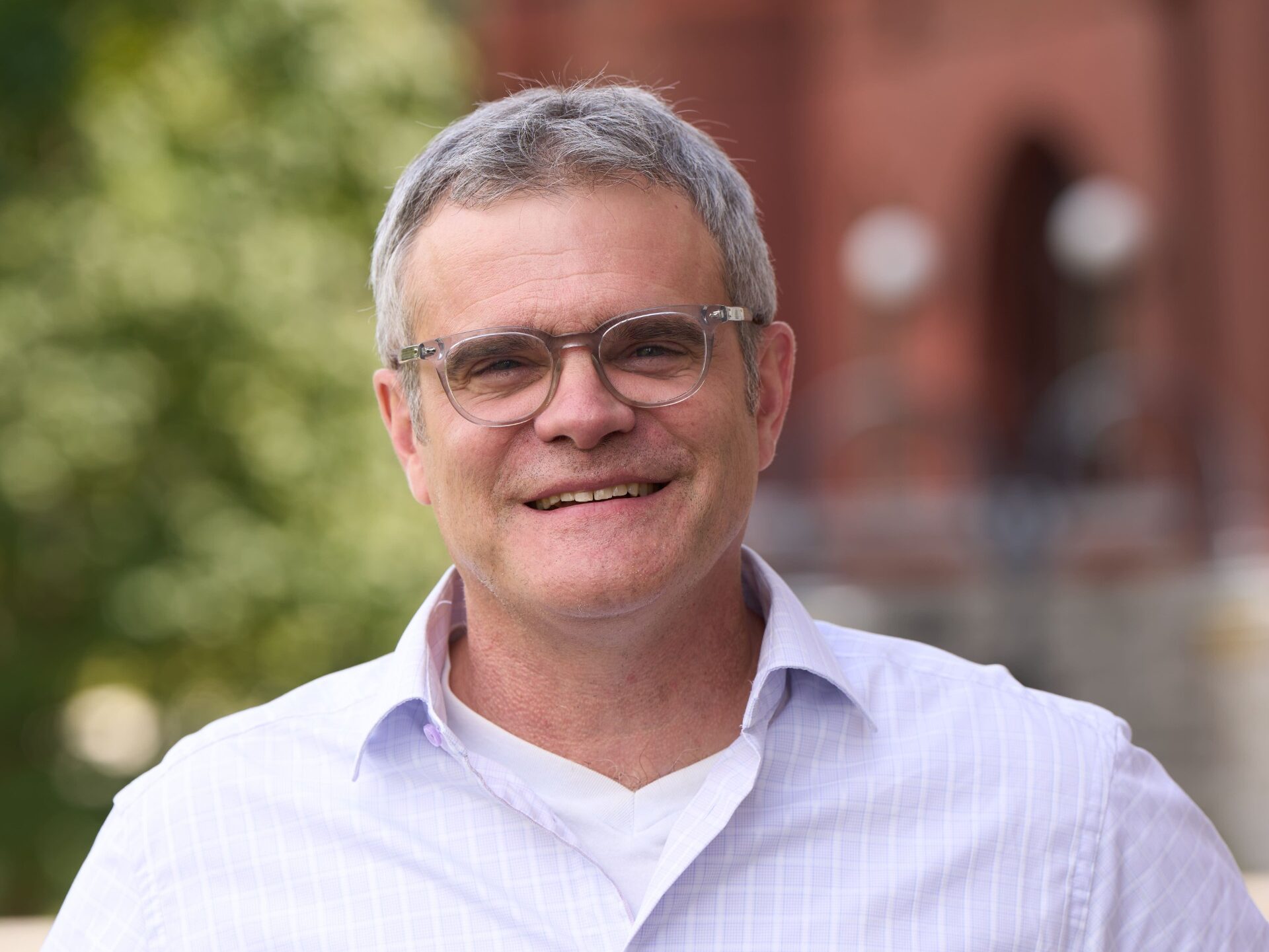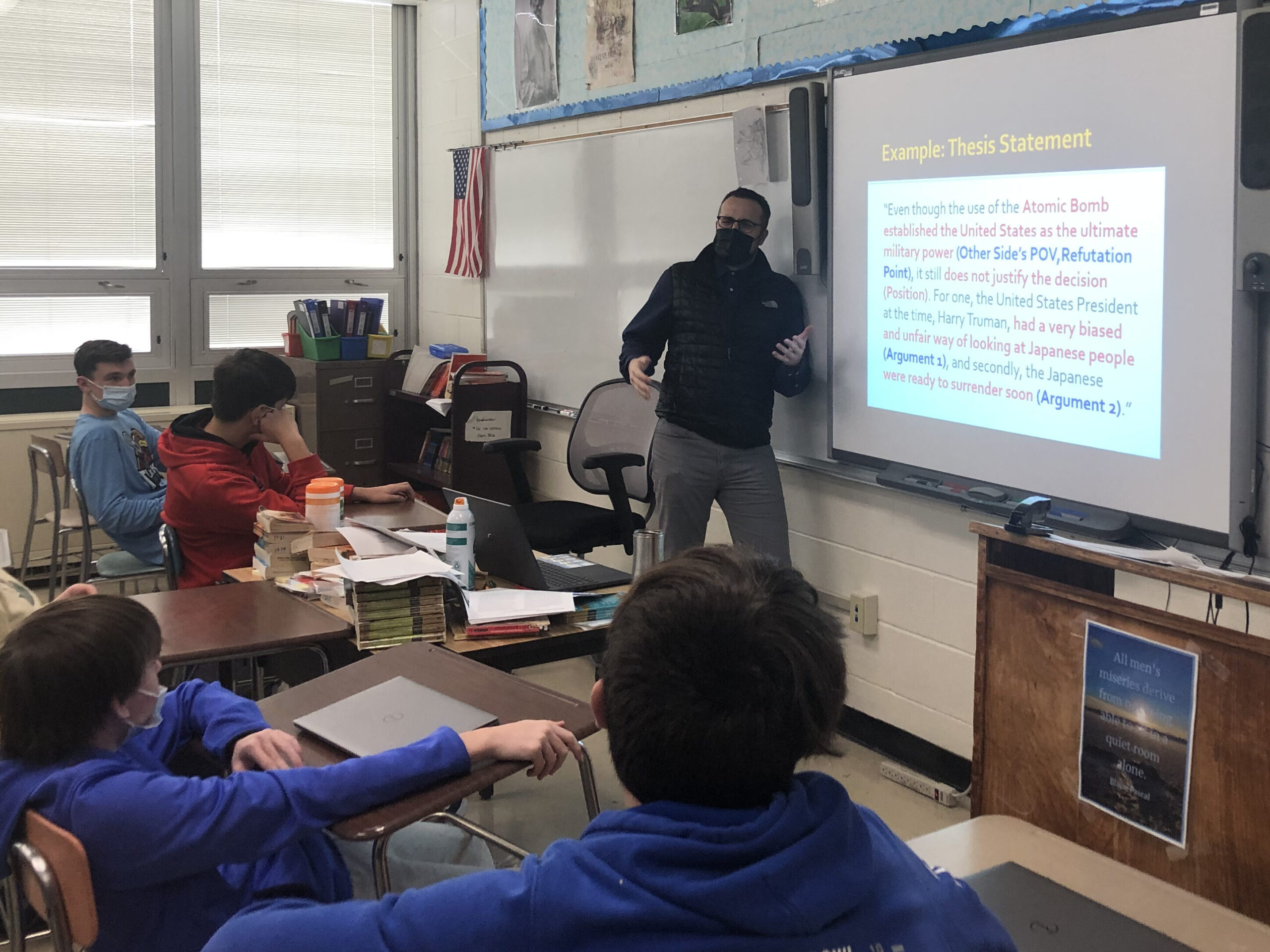
Syracuse, N.Y. (NCC News) – Bob Wilson has been an associate professor teaching in Syracuse University’s department of Geography and Environment for more than 20 years. Cheating has always existed in the college landscape, with Wilson being no exception to turning students over to the school’s Office of Academic Integrity when they plagiarized words or copied from a classmate.
But with AI’s increasing prominence in every industry, Wilson has noticed cheating beginning to take a different form, pushing him and other educators to make changes in the classroom.
The “Switch” in the College Landscape
Students have been cheating on exams for centuries. Even hundreds of years ago, when people were taking Chinese Civil Service exams, it’s been documented that test takers smuggled notes into testing rooms.
While the idea of cheating still exists, the tools students have at their disposal have drastically shifted the academic assessment landscape for educators, professors, and administrators. Wilson says a shift in cheating hasn’t evolved evenly over time.
“Chat GPT dropped like a bomb in November 2022,” Wilson said. “And certainly by the spring [of 2023] I had made the switch.”

The “switch” he’s referring to is a halt on giving out take-home, online, and open-note exams. Before Chat GPT’s launch three years ago, most of his exams were taken online and outside of the classroom. But because students suddenly became able to instantly upload and summarize all of his classes’ content, Wilson felt motivated to return to traditional in-person exams.
“You can load up all the PowerPoints , notes, any assigned readings, and just drop it in AI” Wilson said. “They could make it really difficult for me to identify it as plagiarized. You could even tell it to make sure to write at the level of a college sophomore with six grammatical errors.”
Is AI a Help or Harm to Higher Education?
Wilson also acknowledged how AI can be very useful for students, especially when it comes to helping them study for tests or exams. James McGarvey, a graduate student in the Whitman School of Management’s Analytics department, believes AI has a place within the classroom.
“This is a technology that is going to be used in the future and this is just the beginning,” McGarvey said. “This is the AI bubble. It’s only going to be expanding for 10, 15 years. Being able to figure out how to use these tools, and use them ethically and efficiently, is very important for the future.”

McGarvey also pointed out how many of his professors have made a similar switch as Wilson, with his coding and technical skilled computer exams now being handwritten.
“It means nothing for me to write out code when in five years I’m just going to be able to use Chat GPT, Claude, Gemini, or whatever A.I. source is out there to look up the code,” McGarvey said. “You just don’t know it off the top of your head.”
Wilson acknowledged that many students would make the argument that their future jobs will allow them to use AI, but pointed out how employers won’t let their employees have free-reign use of AI for any and all tasks.
“Students are going to use AI in their jobs and I want them to be able to use AI in their jobs,” Wilson said. “But at this point, I don’t think any job is going to let you use AI completely for whenever you want and lie about it. If the employer will employ you to use AI for everything, they won’t need you, right?”
What’s Next for A.I. in University Classrooms
There aren’t many university-wide policies across the country fully restricting the use of AI in classrooms. For example, Syracuse University doesn’t have a direct policy restricting or permitting AI to be used for exams and essays, but each professor must choose one of three descriptions (Open AI use, some AI use, zero tolerance) to put on their course syllabus regarding AI usage.
As technology continues to evolve, and universities continue to learn more about them, it will be interesting to see what changes are in store. Syracuse University, and other institution’s AI policies will likely become more robust and thorough in the years to come.
